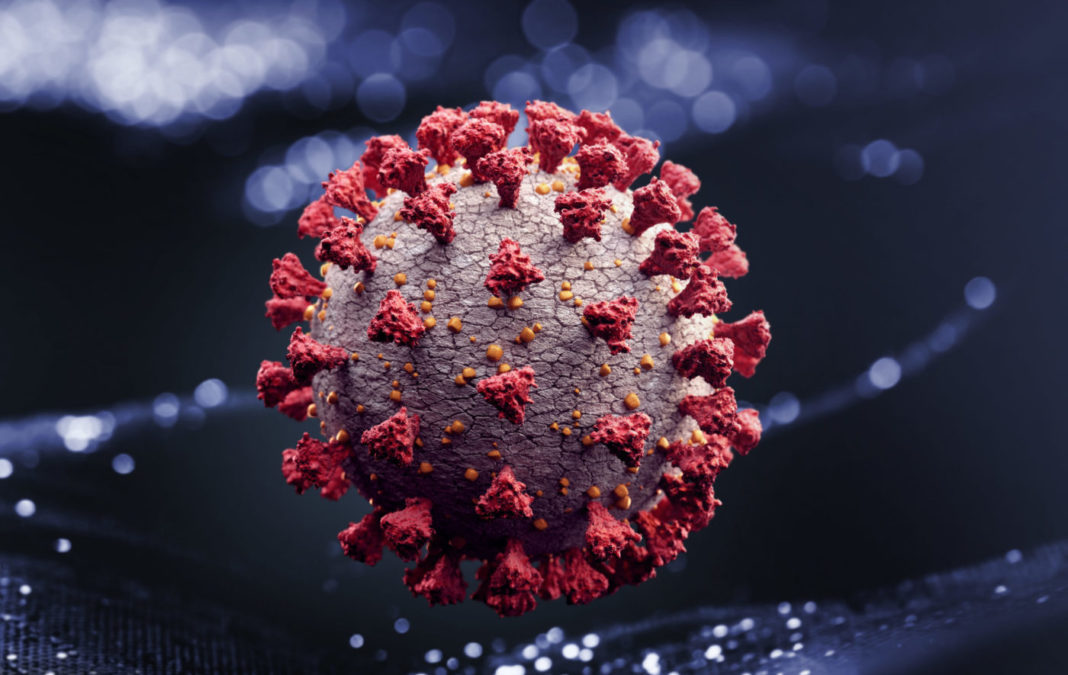Axon says Bachem will help scale up its COVID-19 vaccine it claims can be used to protect a broader range of people than other candidates. The Swiss biotech’s candidate (COVIDAX) raises antibodies against the spike protein of SARS-CoV-2 virus that stop it from interacting with the ACE-2 receptor on host cells. COVIDAX is due to enter Phase II trials in September.
Axon spokesman George Salapa told GEN that Switzerland-based Bachem, with which Axon has been working for more than 20 years, will play a critical role in manufacturing the vaccine for trials and beyond.
“The unique aspect of it is together with Bachem we have developed a unique peptide carrier conjugation,” explained Salapa. “Of the more than 130 candidates on the WHO list, we are one of the very few, if not only team using this method. We will, therefore, aim to use them for the production and initial commercial scaleup.”
Bachem has current good manufacturing practice (cGMP) production sites in Bubendorf and Vionnaz in Switzerland, and Torrance and Vista in California. The firm’s focus is the provision of solid phase peptide synthesis and solid phase oligonucleotide synthesis.
Manufacturing
Salapa noted that manufacturing COVIDAX requires expertise in peptide production and handling.
“It is a peptide-based vaccine manufacturing process. The process does not require any out-of-ordinary high-end technology, but it is delicate with regards to inputs used,” he said.
He explained that conventional RNA, DNA, recombinant protein-based, live attenuated, inactive virus, or subunit vaccines contain multiple antigenic epitopes. Some induce responses to the virus, but others may induce allergenic or reactogenic responses.
He also stressed the pandemic had little impact on Axon’s operations and supply lines, primarily because the incidence of COVID-19 in Switzerland was relatively low.
“We are happy to say that our production has remained stable and robust throughout the pandemic and is indeed a good evidence that localization may be preferable,” he reported.
Vaccines for the immunosuppressed
Conventional vaccines have efficacy issues, according to Salapa, saying “They work like a ‘shotgun,’ based on a multi-epitope approach.”
In contrast, the Axon vaccine contains peptides composed of a combination of B cell and T cell epitopes that instruct the immune system to generate specific antibodies to neutralize the viral activities required for efficient infection of human cells. None of the peptide have sequences dissimilar to those found in human proteome.
This is important to form an accessibility standpoint, Salapa said, explaining vaccines manufactured to have a broad epitope base can be unsuitable for people who are immunosuppressed.
“Even the most promising COVID-19 candidates decided not to provide concrete numbers on the efficacy and safety,” said Salapa. “Some of them had to reduce dosage levels for older people in phase II.1 This means they will be effectively left without a solution for the elderly.”
Axon’s platform was developed as a result of Alzheimer’s disease research conducted by a team led by founder Michel Novak.
Salapa said “In 1988, Prof. Novak discovered the implications of tau proteins for the development of Alzheimer disease at MRC, Cambridge, U.K. Our peptide vaccination technology has proven better because it is highly targeted—it contains only selected B cell and T cell epitopes, and thus strongly stimulates immunity, in particular in the elderly.”
References
1. https://www.businesswire.com/news/home/20200427005839/en/Moderna-Announces-IND-Submitted-U.S.-FDA-Phase






